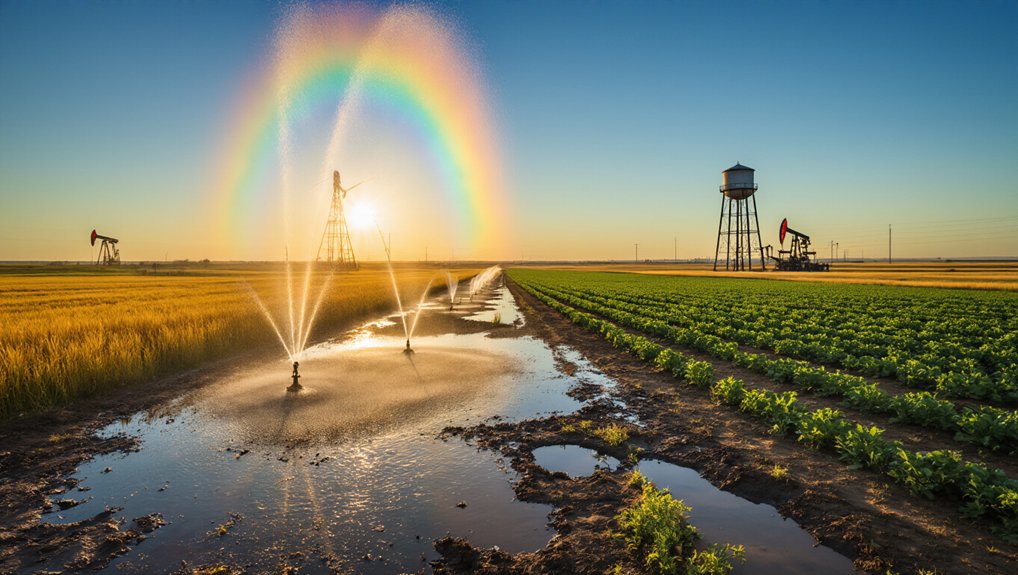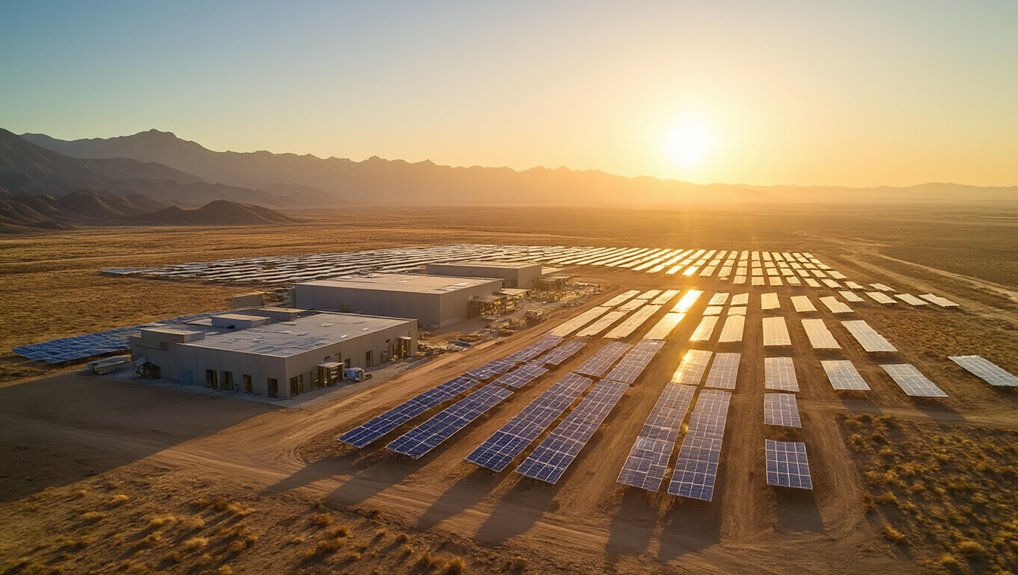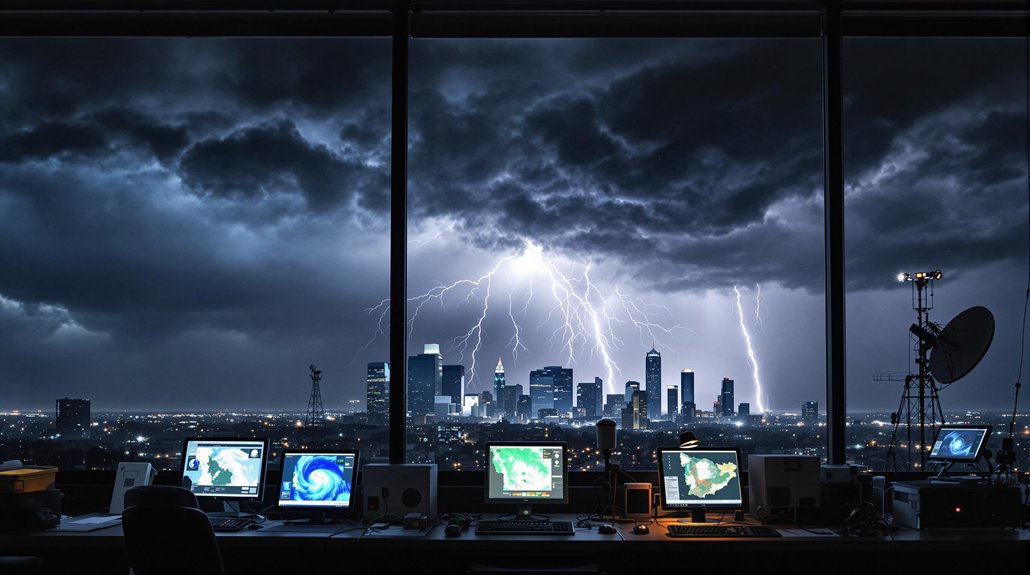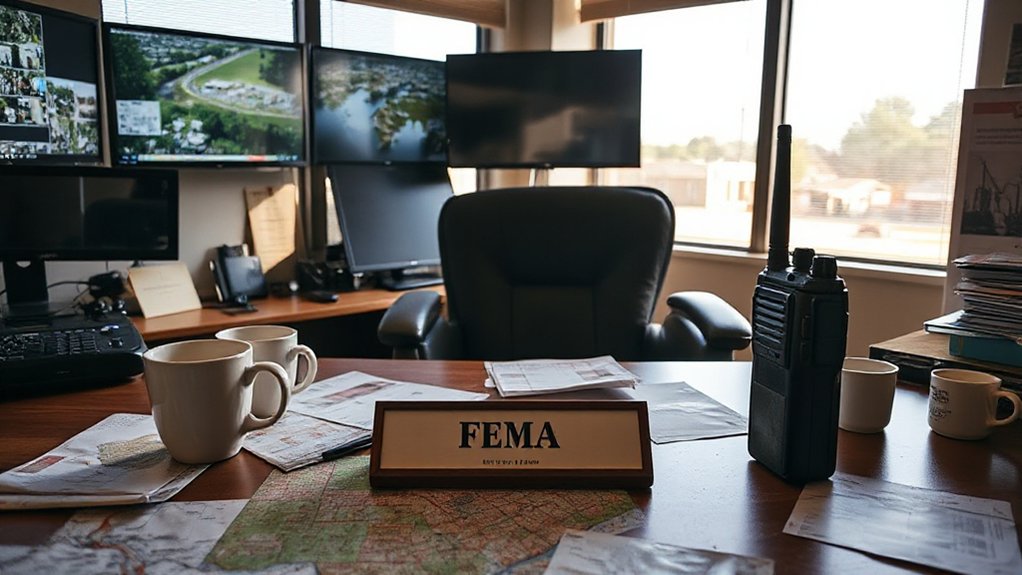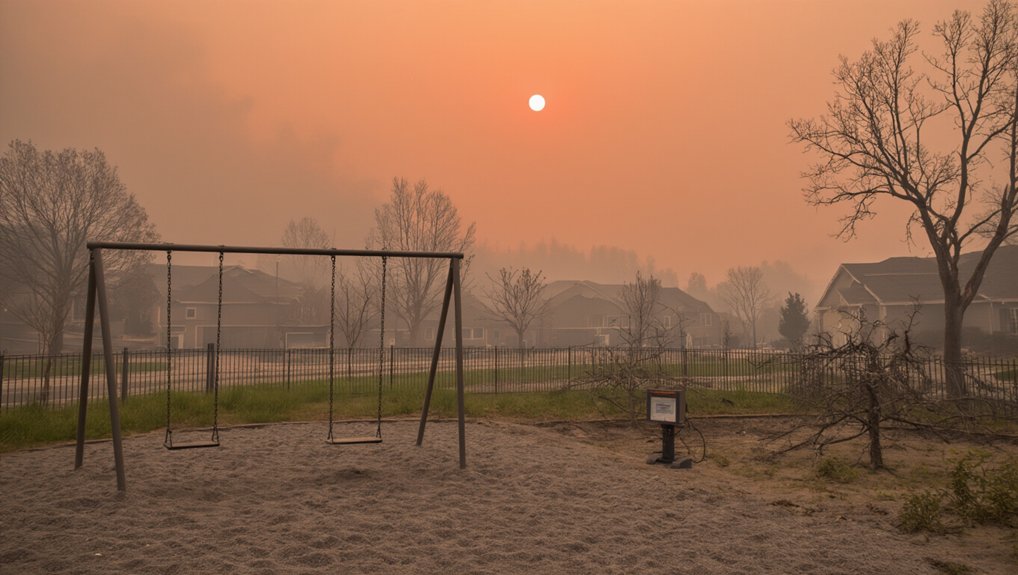When Texas lawmakers decided their state’s water crisis needed fixing, they turned to the oil industry’s nastiest leftovers—fracking wastewater. Governor Greg Abbott signed the law in June 2025, opening the door for “produced water” to irrigate the food on your dinner plate. Because nothing says fresh vegetables like a side of industrial chemicals.
The math is simple. Texas oil wells pump out five barrels of contaminated water for every barrel of oil. That’s millions of barrels of toxic soup sitting around, and somebody figured hey, why not spray it on crops? Population growth, droughts, water shortages—the state’s got problems. The solution? Let Big Oil turn farmland into their personal dumping ground.
But here’s the twist. Oil companies won’t touch this scheme without a get-out-of-jail-free card. Enter House Bill 49, racing through the legislature faster than you can say “cancer cluster.” The bill hands out legal immunity like candy on Halloween. Oil companies, water transporters, landowners—everybody gets protection from future lawsuits. When your tomatoes start glowing, tough luck.
Scientists are screaming into the void. Treatment technologies for this wastewater? Largely unproven. The water contains hundreds of chemicals, many so proprietary that nobody knows what they are. Carcinogens, heavy metals, endocrine disruptors—it’s a toxic cocktail that could contaminate crops, soil, rivers, groundwater. The whole nine yards. Even Agriculture Commissioner Sid Miller admits fracking water might be better kept within the oil industry rather than spreading it on food crops. This reckless approach mirrors the global air pollution crisis that currently causes 8.1 million deaths annually.
Texas farmers aren’t buying it. Farmers in Johnson County are already opposing the use of fracking wastewater due to potential carcinogenic chemicals in their soil. They’re already fighting battles over sewage-based fertilizers, and now this? Rural communities want transparency about what’s in the fracking fluids. Good luck with that. The chemicals are trade secrets, locked up tighter than Fort Knox.
The regulatory framework is about as solid as wet tissue paper. When problems surface—and they will—guess who’s footing the cleanup bill? Taxpayers, naturally. The industry gets billions in profits while regular folks get poisoned produce and polluted water tables.
Lawmakers claim technological advances make this safe. The industry says without liability protection, Texas loses out on water reuse opportunities. Translation: profits over people, business as usual. Welcome to Texas, where your salad comes with a side of fracking fluid.
References
- https://www.wfaa.com/article/news/local/abbott-signs-law-permitting-use-of-fracking-wastewater/287-89df9861-29c7-4faa-b658-d651f94013ae
- https://cleantechnica.com/2025/06/12/texas-approves-use-of-fracking-wastewater-to-irrigate-crops/
- https://www.texastribune.org/2025/05/19/texas-legislature-produced-water-legal-protections-oil-gas/
- https://www.ehn.org/texas-pushes-fracking-wastewater-reuse-raising-fears-over-liability-and-pollution
- https://www.conroenews.org/article/texas-bill-would-limit-liability-for-oil-firms-recycling-frack-water-into-state-rivers
